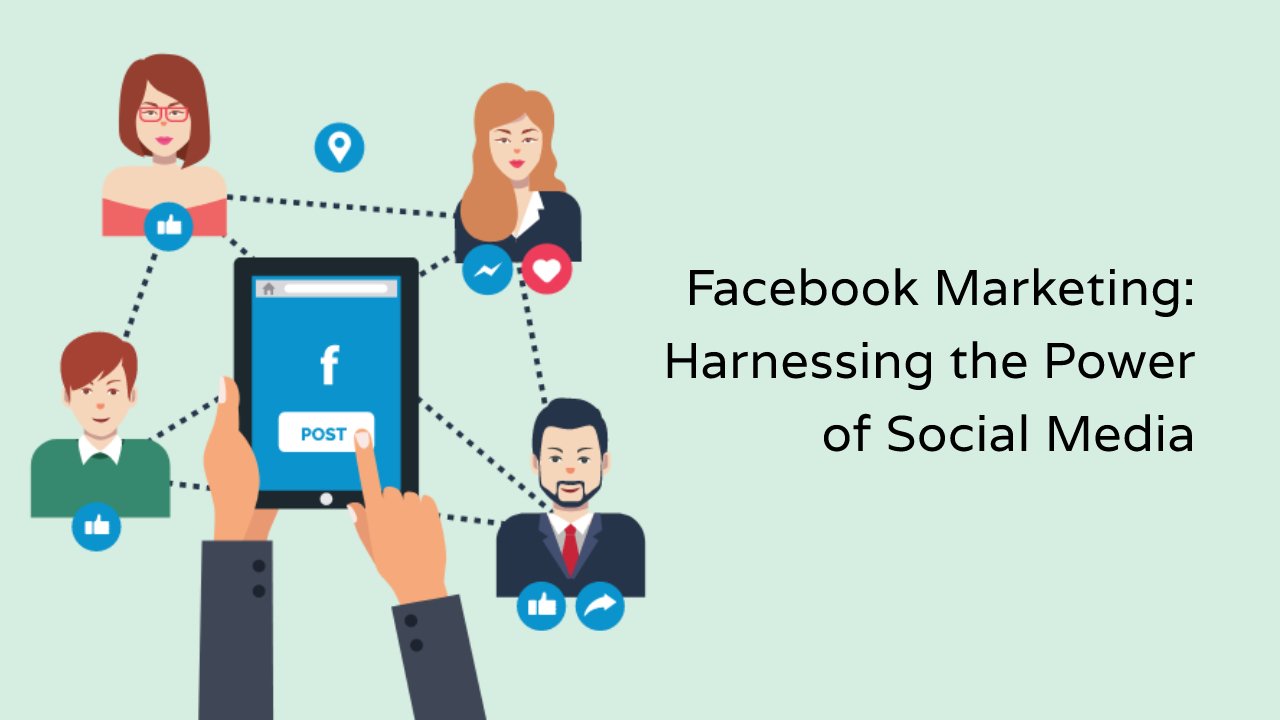Facebook Marketing: Harnessing the Power of Social Media
In today’s digital age, social media platforms have become crucial tools for businesses to reach their target audience and promote their products or services. Among the various social media channels available, Facebook stands out as one of the most popular and effective platforms for marketing.
Facebook boasts over 2.8 billion active monthly users, making it a goldmine for businesses seeking to expand their customer base and increase brand awareness. With its user-friendly interface and extensive targeting options, Facebook allows businesses to reach a specific audience based on demographics, interests, and behaviors.
One of the key advantages of Facebook marketing is its cost-effectiveness. Compared to traditional marketing channels such as television or print media, advertising on Facebook can be much more affordable, especially for small businesses with limited budgets. Facebook’s ad platform allows businesses to choose their budget and control their ad spending, ensuring that they get the most bang for their buck.
Furthermore, Facebook provides businesses with valuable insights and analytics to measure the effectiveness of their marketing campaigns. Through the use of Facebook Pixel, businesses can track conversions, optimize their ads, and make data-driven decisions to maximize their ROI. This data-driven approach allows businesses to fine-tune their marketing strategies and target their ideal customers more effectively.
In addition to advertising, Facebook offers a range of other marketing tools that businesses can leverage to engage with their audience. Features such as Facebook Pages, Groups, and Events enable businesses to build a community, foster customer loyalty, and establish a strong online presence. By regularly posting engaging content, responding to customer queries, and hosting virtual events, businesses can build meaningful relationships with their audience and create brand advocates.
However, it is important to note that successful Facebook marketing requires a well-thought-out strategy and continuous monitoring and optimization. As the platform evolves, businesses must stay up to date with the latest trends, algorithms, and best practices to stay ahead of the competition. It is crucial to regularly analyze the performance of ads, adjust targeting parameters, and experiment with different content formats to keep the audience engaged and drive desired outcomes.
In conclusion, Facebook marketing presents a powerful and cost-effective tool for businesses to connect with their target audience and achieve their marketing objectives. By harnessing the platform’s extensive targeting options, analytics, and engagement features, businesses can build brand awareness, drive website traffic, and generate leads. However, it is essential to approach Facebook marketing with a strategic mindset, constantly adapting to changes and seeking opportunities for growth. With the right approach and effective implementation, businesses can tap into the vast potential of Facebook to propel their marketing efforts to new heights.


